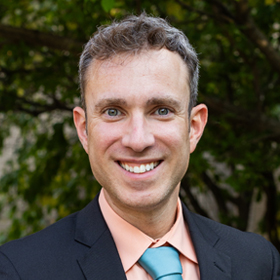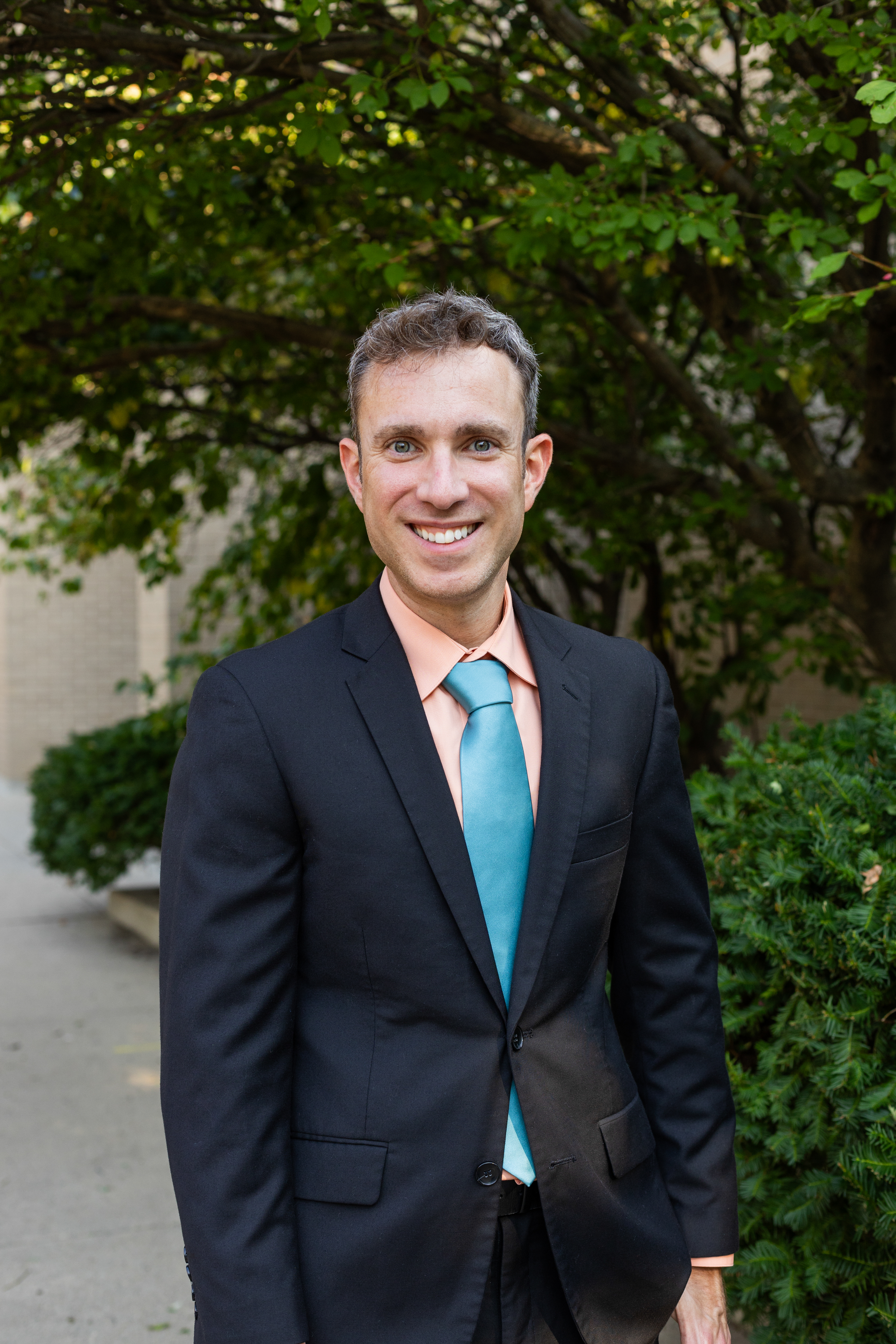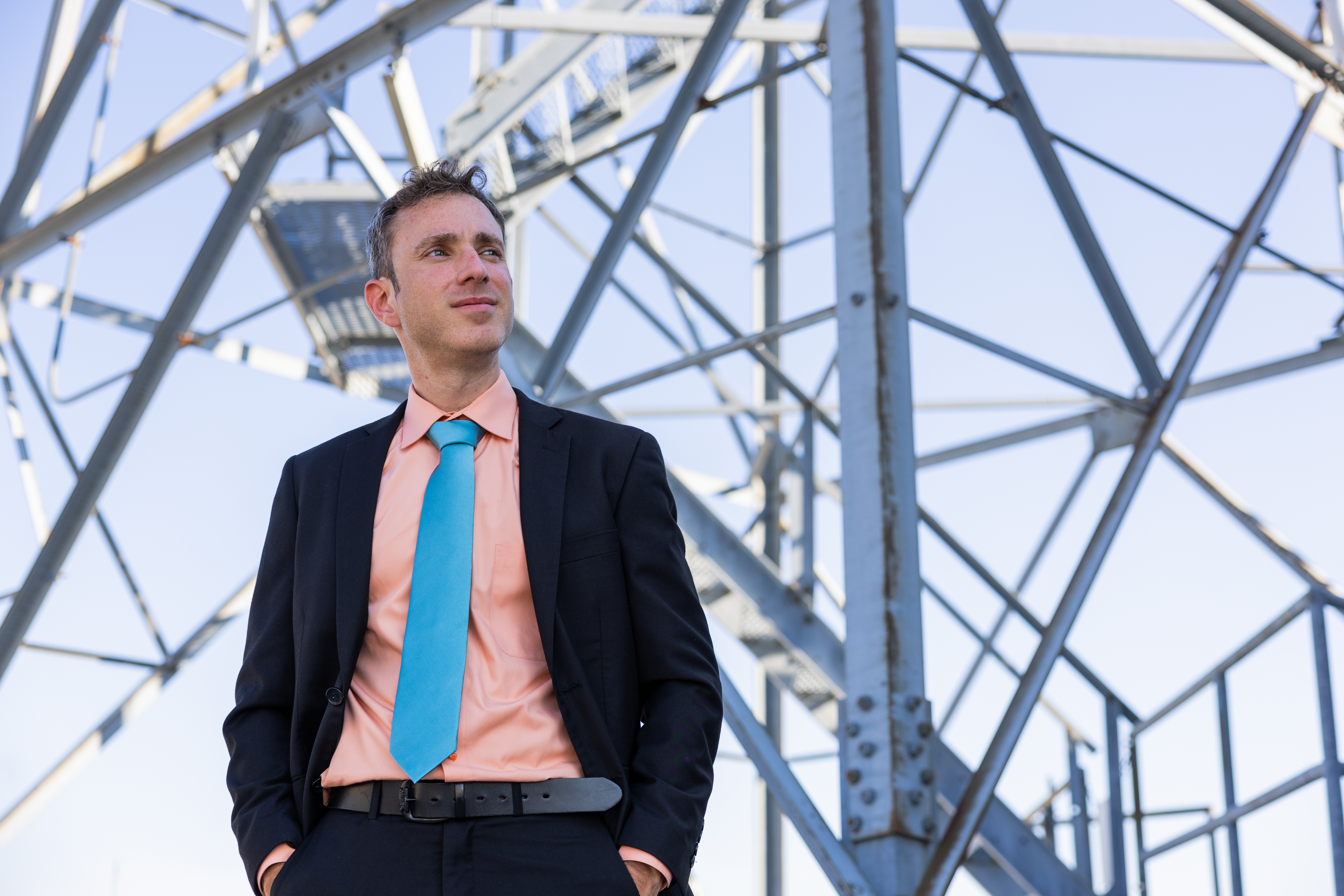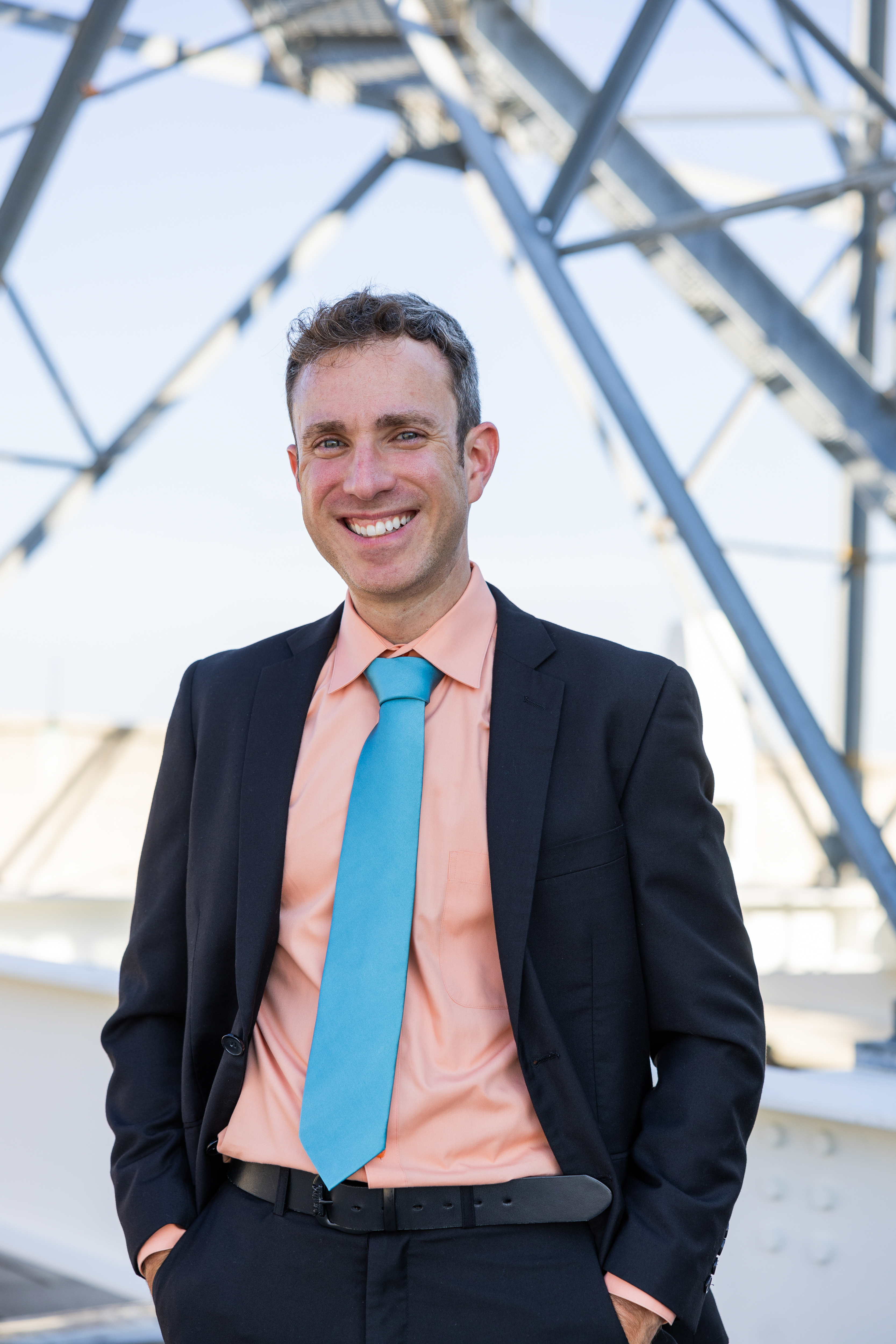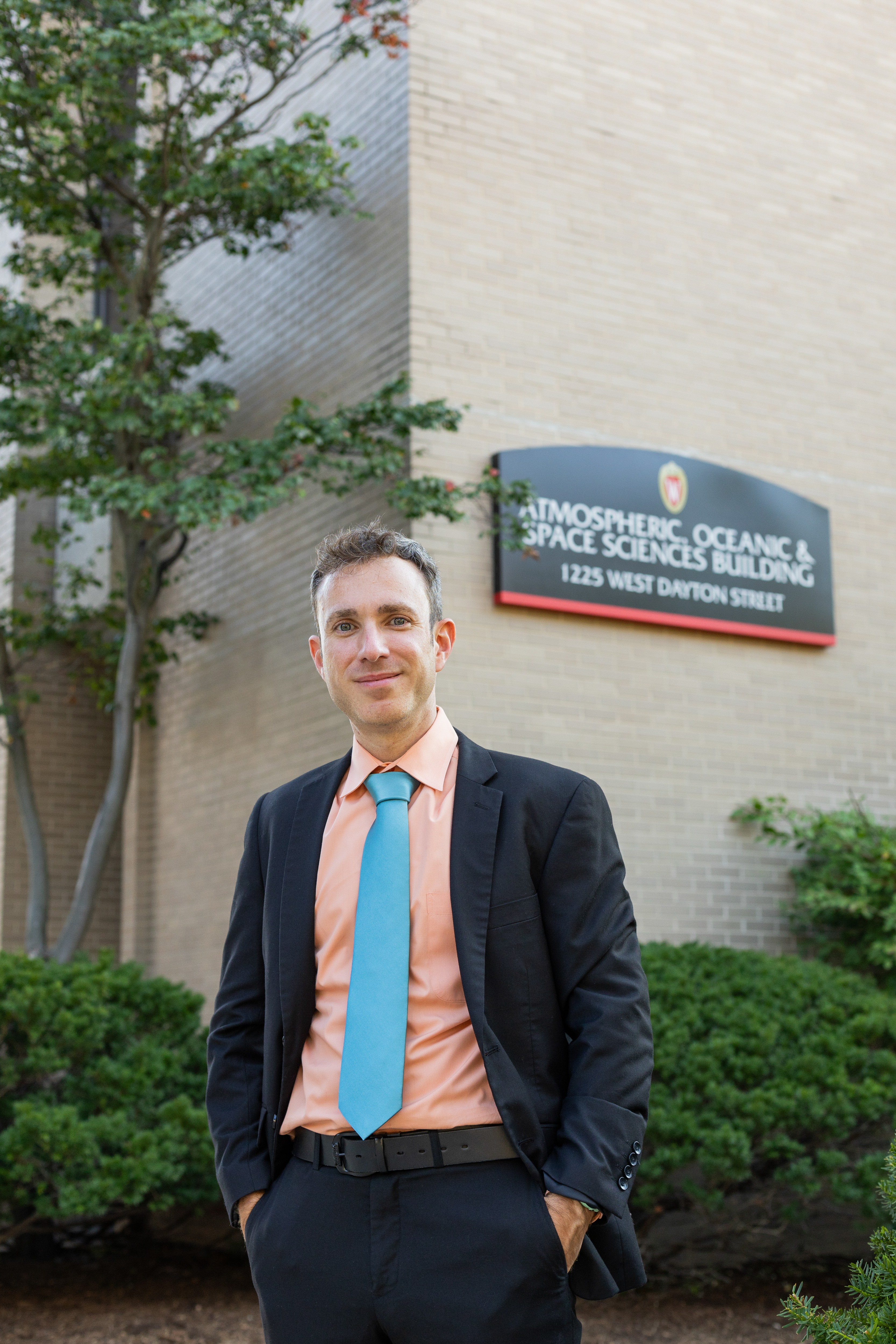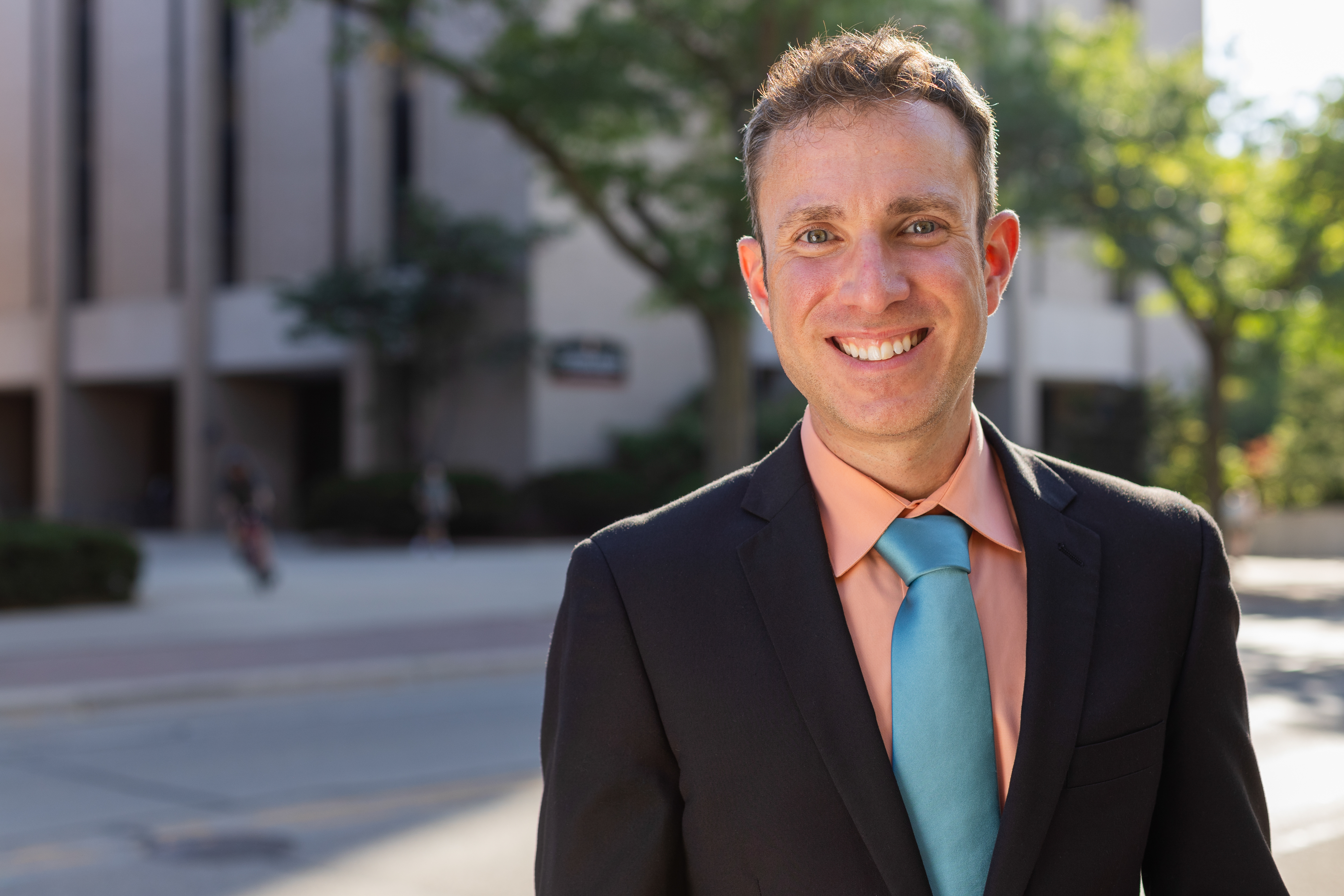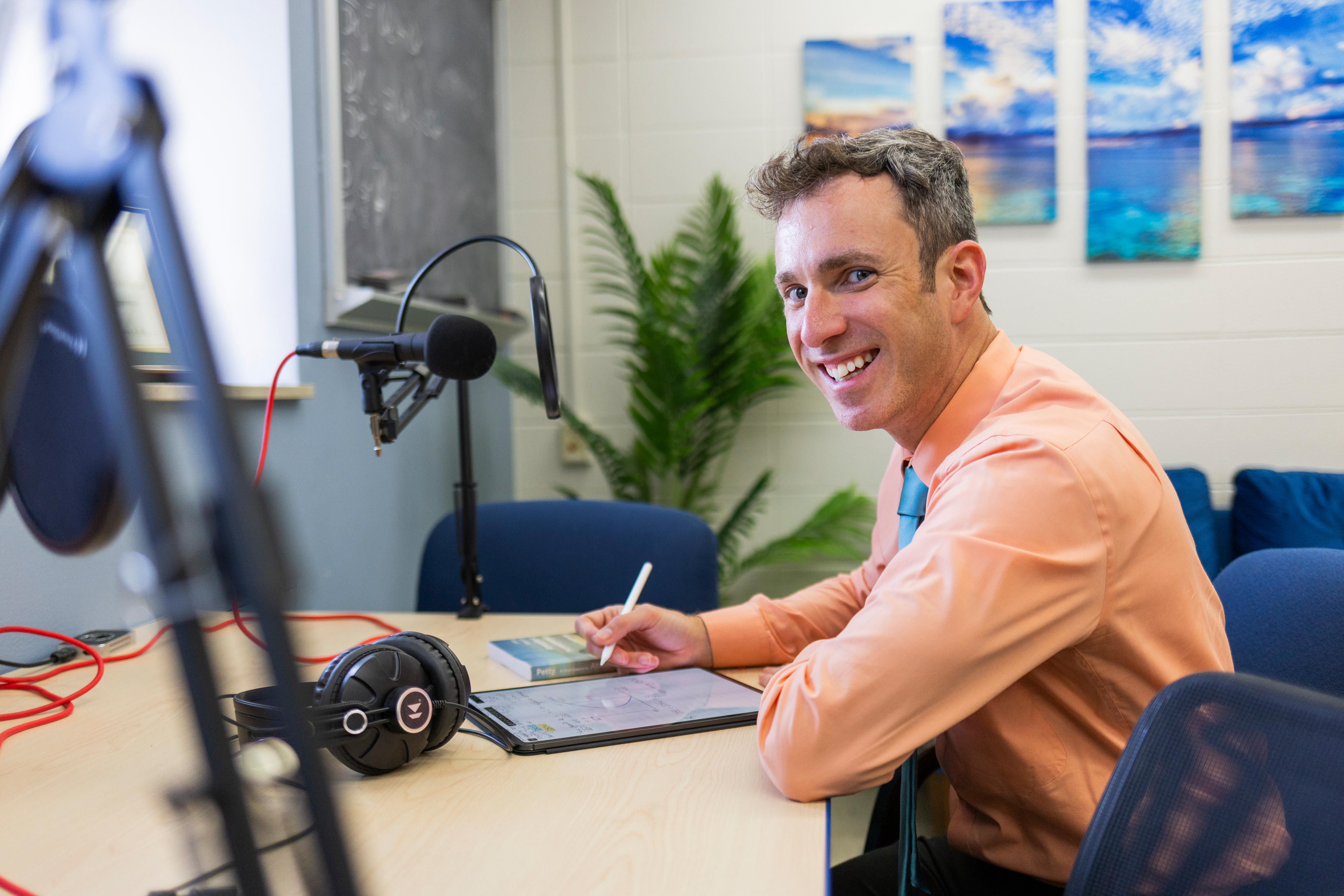About Ángel's Work
Ángel F. Adames Corraliza is an atmospheric scientist investigating the mechanisms underlying tropical weather patterns. Adames combines deep knowledge of the physics of atmospheric waves with keen analysis of observational data and climate model simulations. He sheds light on tropical atmospheric dynamics that influence global weather patterns and phenomena such as tropical cyclones and monsoons.
Atmospheric dynamics—the movement and circulation of the atmosphere—give rise to Earth’s weather and climate patterns. While the dynamics of the mid-latitude atmosphere have been well understood for many decades, researchers have not been able to obtain a comparable dynamical theory for the tropics due to complexities brought about by the region’s abundant moisture and rainfall. Adames has made significant advances in quantifying the role and impact of moisture in tropical weather and climate phenomena, bringing us closer to a comprehensive dynamical theory of the tropical atmosphere. Adames’s early research focused on the Madden-Julian Oscillation (MJO), a large region of thunderstorm activity that moves eastward around the equator in a 30- to 60-day cycle. The MJO is one of the primary causes of intraseasonal weather variability and severe weather events in the tropics. Adames coupled linear atmospheric wave dynamics and water vapor variability to create an analytical framework for the MJO that is more consistent with observations than previous models. He has also examined how the MJO changes as the climate warms. Adames’s insights into the dynamics of the MJO will enable more accurate models for seasonal and sub-seasonal weather prediction, particularly in the Indo-Pacific region.
Currently, Adames is examining other weather systems in the tropics in light of the physical concepts gleaned from the MJO. He has developed new theoretical models of the structure and thermodynamics of easterly waves, which are areas of low pressure that often seed extreme rainfall and tropical cyclones. He is also examining how these waves interact with monsoons and with the El Niño Southern Oscillation. By advancing understanding of tropical atmospheric dynamics, Adames is laying the foundation for improved weather forecasting and more robust models of future tropical climate variability, which will improve the lives of the billions of people that live in the region.







